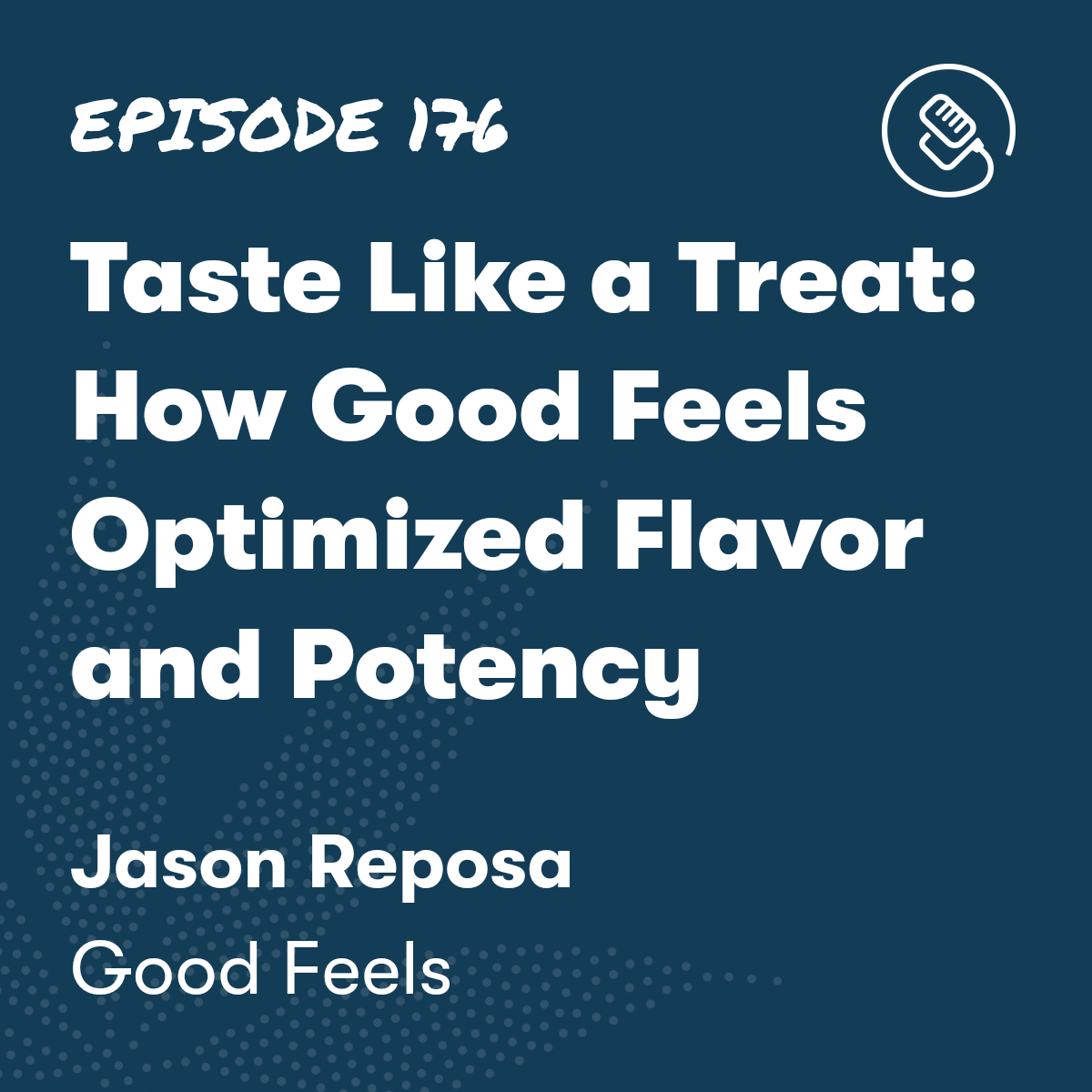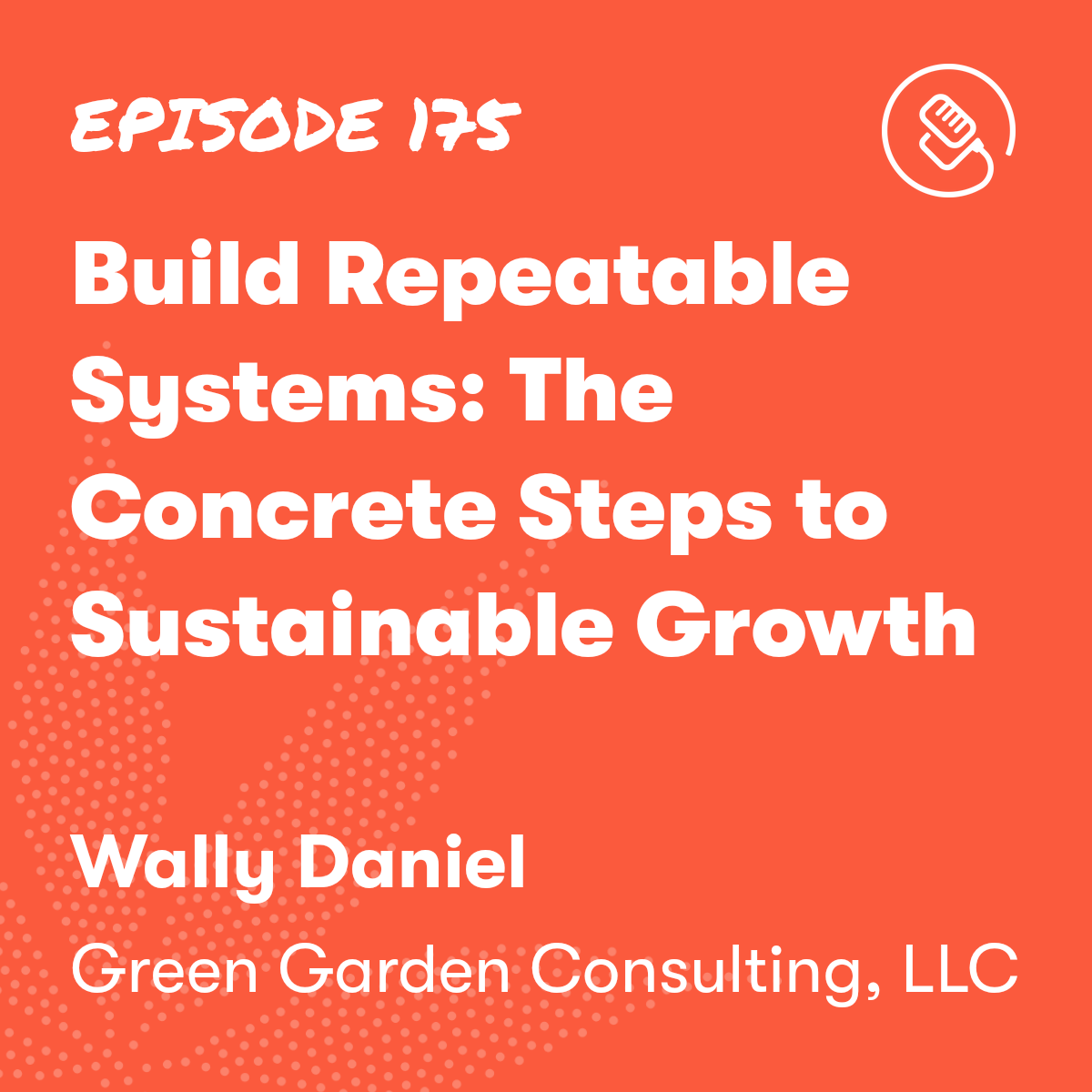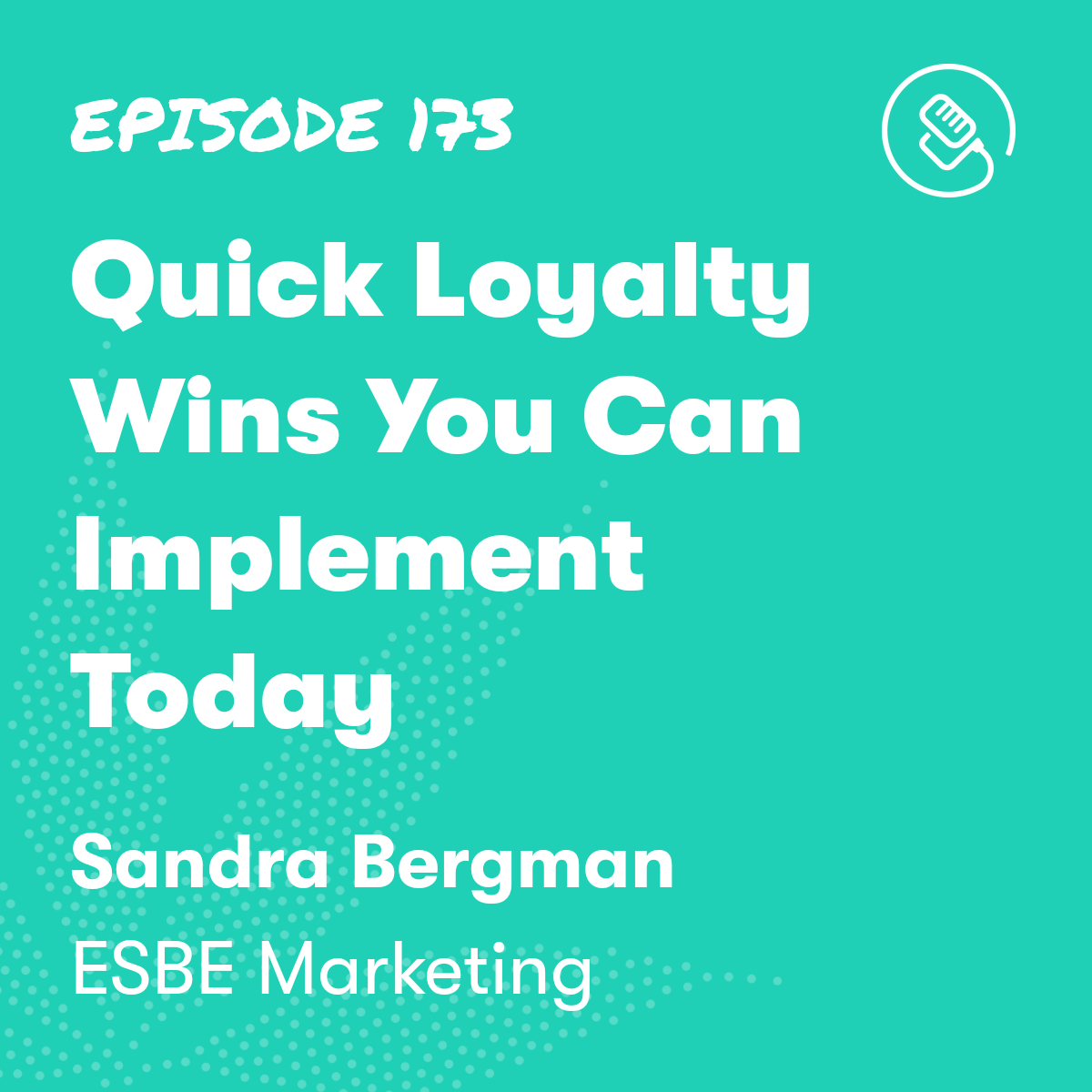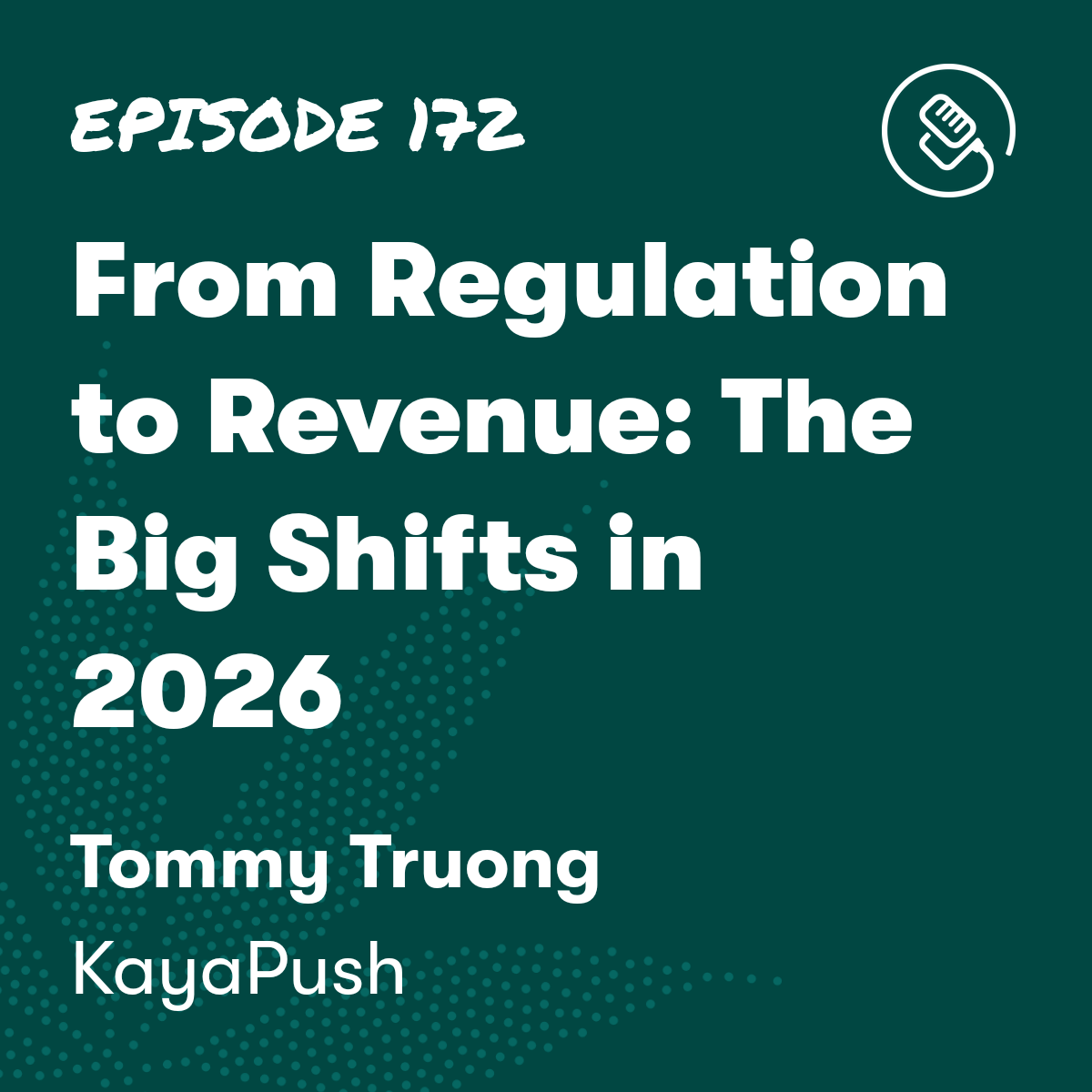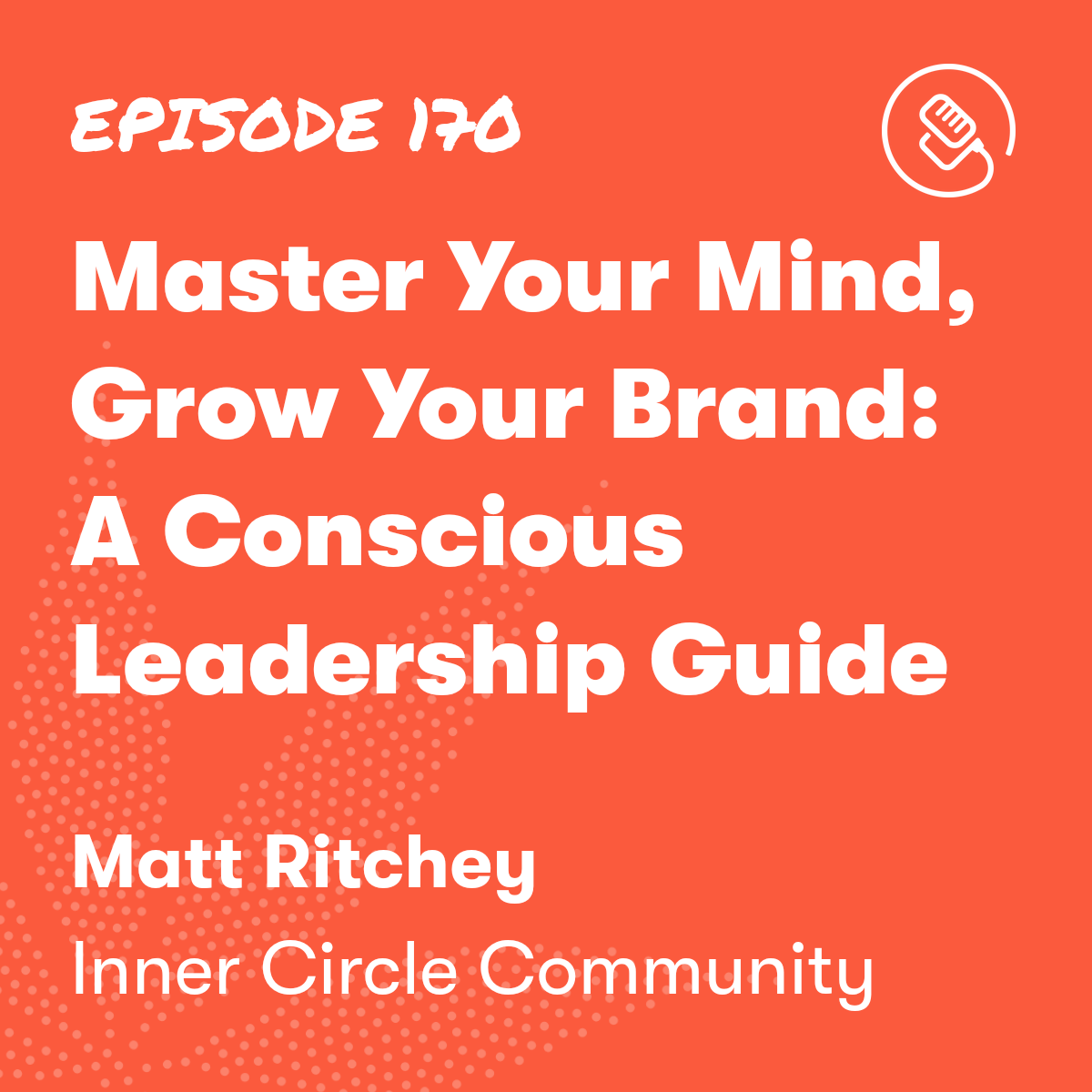

Unleashing Success: The Higher Path’s Unique Business Approach
Episode Description

Episode Transcript
Tommy: California is one of the most competitive markets in our industry. It's a mature market. You have a high amount of licenses and you have the gray market to compete with. If you're able to be successful in California and you're doing something right.
Jessica Martin, COO of Higher Path joins us today to talk about how they're able to thrive in the California market, through brand positioning, creating a community as well as the right people strategy, this was such an amazing conversation with Jessica. I hope you guys enjoy.
Welcome to the KayaCast, the podcast for cannabis businesses looking to launch, grow, and scale their operations.
Tommy: Jessica, thank you so much for joining us today.
Jessica Martin: Of course.
Tommy: When you started in the cannabis industry, which was a while ago in cannabis years, what were the biggest issues you were tackling then in California?
Jessica Martin: They were so different back then, but also similar in a way, I suppose. Back when I first started in cannabis about 12 years ago now, uh, California was still just medical. So a lot of what we were dealing with was just trying to get the community and the people in our neighborhood to really accept us for what we were doing.
And, um, I think a lot of that was us just getting involved as much as we could and show that, you know, we're good citizens, we're good business owners, we want to be involved, we want to, you know, do what we want. Uh, the Chamber of Commerce stuff, we want to get involved in the Homeowners Association. Like, we want to do everything we can to show that we're just as any other business, and we're trying to help people.
And I think that was the biggest hurdle to overcome, was just getting acceptance at the time.
Tommy: What was it like? I know that the industry has really intensified in terms of competition over the years. Back then, 12 years ago, what was the competition like? And what was the supply chain like?
Jessica Martin: Well, 12 years ago, I mean, there weren't as many regulations as there are now, so there was a lot of, um, Illegal shops to compete with and people who were just totally undercutting us and everything that we did So, I mean if that was one of the other huge struggles that we had was just trying to constantly Compete with that and I think today that's gotten a lot better, but there is still some of it That's still a modern day struggle that we're having there aren't enough resources, you know to really combat all of the illegal Operations that are happening, but it's definitely less than it was back in the day.
So I'm grateful for that.
Tommy: How did you guys compete in that environment? Because I know, one, the amount of taxes that you have to pay
Jessica Martin: Mm
hmm
Tommy: so much more than somebody in the gray market.
Jessica Martin: Yeah
Tommy: What did you guys do to not only survive, but really thrive?
Jessica Martin: Well, we learned that people Want community and they want an experience and I think when you're going into an illegal shop Typically, you're not getting either of those things. You're getting a very cold Um Unstimulating experience, you know, you're just getting your product and you're leaving. And here we create a space where people I mean, it's like the Cheers environment.
We know people's names, you know, we remember your dog's name. We remember you went on that trip to Vegas last weekend. How did it go? You know, there's all those things that we're providing that make people excited to come keep visiting us because they see their friends, you know, and they also have this really great, um, Aesthetically pleasing environment to come into with tons of plants and you know activations in the store It makes it exciting.
So I would I mean we're in California we're in Hollywood people come here because they're tourists or they're on vacation and The higher path is one of those places where people talk about it and they want to come see it for themselves So I think that's part of the draw
Tommy: You know, I was going to ask you this and You mentioned it. Is that part of Hyrapath's brand promise? And did this happen organically? What was the strategy in place to get to where you are today?
Jessica Martin: Well, I mean we have an amazing owner Jared Kyla, he's uh So great. I mean, he's unlike anybody I've ever worked for, but that was his mission from the beginning. Um, we've always tried to make that kind of our vibe and our mission. Um, to create this aesthetically pleasing, welcoming, community based shop.
Because those are hard to find. Especially in L. A. where everything feels so impersonal. You know, and it's so, everything's so fast moving and you come here and everything just kind of slows down for a moment. And we've always tried to create that since the beginning and I'm really proud of us being able to uphold that for so many years.
Tommy: I wanted to dive into that just a little bit because I feel like the rest of the industry across the country can really learn from what's happening in California.
Jessica Martin: Sure.
Tommy: is the, one of the most competitive markets in the industry. And what's happening in California more or less, it's like looking into a crystal ball. You guys are very intentional in creating your brand presence and your foothold in the community. Can you share some of the strategies that have really made you successful?
Jessica Martin: Yeah. I mean, we focus really heavily on hiring the right people. And I think that's huge. Um, I do the hiring here and I take a lot of pride in making sure that I'm vetting the correct type of personality that's going to be able to uphold and provide that experience for everybody. Um, of course, sometimes it doesn't work out, but for the most part, I think we have an incredible staff and always have. Our online reviews show that. I mean, people love the Employees that we have. They're empathetic, they're kind, they're educated. I mean, those are all the things that you look for when you're coming into a dispensary. So I think that's one of our huge edges that we have.
Tommy: That is the foundation of every business.
When you're looking for a new team member, what are the key traits that you Are you looking for?
Jessica Martin: Yeah, I think I mentioned earlier empathy. That's probably my number one. Emotional intelligence I think is also really important. And, uh, trainability. I think if you're moldable, if you're open to constructive criticism, if you just want to learn as much as possible, that's also something that's really important that I look for.
Tommy: You know, there's this stat, which blows my mind away, that you're five times more likely to make a bad hire without a structured hiring process,
Jessica Martin: that's so
true.
Tommy: it's insane, right?
You guys have a pretty structured hiring process. particularly for people that you want to bring on board. What is your hiring? What, what does that look like? How do you find these people and how do you unearth the questions that really tell you if this person has the traits that you're looking for?
Jessica Martin: Yeah, sure. That's a great question. Um, well, I'll start with this. We are very lucky because we have such a, a great brand awareness and such a great presence in Los Angeles that I think the Want to work here is already established. So I do kind of already get so many just natural occurrences of people wanting to work here whether they're coming in physically and dropping off their resume whether they're a current customer and they love shopping here so much that they can see themselves working here.
I mean, 90 percent of the resumes I receive are Organically, through just meeting people here and um, people knowing about us and wanting to come drop them off. In saying that, I also do use, you know, platforms like Indeed and LinkedIn, um, when I'm looking for something maybe a little bit more specialized. Um, but the process in itself, I mean, I just try to ask the right questions. I've been doing this for so long now that I, I kind of understand, um, Which sorts of questions will open somebody up to revealing their emotional intelligence? Um, I do a lot of like scenarios, you know, if this happened, what would you say?
What would you do? How would you react? Um, and that usually Gives me what I need in the first interview at least so I can kind of fish through Those who are going to work and those who aren't by some of those. Um, deeper questions
Tommy: What does onboarding look like? You've hired the right people.
Jessica Martin: Yeah
Tommy: I know I, I have a sense that you guys have a very unique way you onboard your people.
Jessica Martin: Yeah Well, it's, it's multifaceted. I feel like I've used that word a lot in this interview, but, um, I do a lot of unique things here during onboarding. I mean, obviously I'm using KayaPush, which is super helpful because I can do literally step one through 25, uh, on the platform, which is amazing. But I also add in a lot of unique elements.
Like I have, Um, personality tests, we use like the StrengthsFinder test, we use the Sixteen Personality Test. All of those things help me better mentor people as they're coming on and help me place them in the right teams with the right, uh, managers and, um, yeah, those are some of the unique things that I do, but onboarding is a long process.
There's a lot of educational training, um, getting to know your team. Setting you up with all of your your swag and the things that you'll need while you're working here getting a locker and you know Taking a tour. It's fun. I love onboarding new people
Tommy: That's actually, that's amazing to me that you guys use a personality test
to understand people's personality better and to work with them better.
Jessica Martin: Yeah, it's so helpful. You'd be surprised how much reading that somebody that their number one strength is Envisioning the future, you know There's just so many unique things that you won't know until you have somebody dive into that test and then I can see that and say, Oh wow, like these things would make them incredible in the inventory department, you know?
So it's so crucial for me that they do those tests in the beginning of their employment. It
Tommy: does the personality test happen while you're interviewing or does it happen after?
Jessica Martin: after. Yeah.
Tommy: let's say they've interviewed and you've hired them for a butt tender. They do a personality test and you're like, well, you know what? Based on this personality test, you're so much better in the back of house.
Jessica Martin: And sometimes that happens. I mean, I try to hire people that are, that thrive wearing multiple hats. I don't typically, unless it's a very specialized. You know kind of upper management or C level role. I typically hire people that are open to learning all things and so that way they can feel what they like and learn where they think they're going to, you know, develop their skills the best.
Um, but yeah those personality tests do help too to kind of place people. I let people find their own niches. You know, I want you to come to work feeling like you have your footprints and your handprints on this business and that you're proud of the place that you work every day, so. I want people to find that for themselves.
I'm not ever gonna, you know, push people into a role. Um, usually they figure it out after time and they're like, this is where I love to be the most. And I'm like, yeah, I thought you would. So it, it works out well.
Tommy: I always ask managers this question and the industry in itself for me, it's such a fascinating industry in terms of, The problems that you have to solve from a staffing perspective, you think about just a bartender position in general. It's, you know, you're dealing with people that are entry level.
It's, it's not, it's a transient role. It's not a career role. They may be part time. Oftentimes you cannot pay this person commission because the margins aren't there, but yet this person is responsible for all of your customer service and sales. Right. So you're asking a lot for. for this position.
And I always ask employers, why should your employees care?
Why are they engaged? Because they clearly are, So what do you guys have in place that, that causes employees to want to stick around?
Jessica Martin: We have a lot of perks here. I mean, number one that I think the employees would tell you if you were to ask any of them, the one thing that they love most about working here is the community that we've created amongst the staff. So, um, I've gotten the feedback a lot that people have met some of their lifelong friends here and that we all support each other.
You know, living in LA, most of us are creatives in some way, shape, or form. So, You know, we've got a lot of artists and comedians and musicians on staff, so we all go to each other's shows, we all support, you know, bringing our friends and getting the word out. I mean, that sense of community keeps people here because it's so meaningful in a city that can be So cold and so, um, impersonal sometimes.
So I think that's one of the main reasons that employees love being here. I think second to that is probably the fact that you're learning so many other skills in addition to your budtender role. I mean, you're learning how to do spreadsheets, how to run reports. I mean, all of these skills you could take somewhere else and put on your resume, which is incredible. And I'm always encouraging people taking on other roles and learning more and self educating. We'll pay for you to go, you know, take an Excel class or someone here who's really incredible at it will mentor you and teach you. I mean, there's so many things that you can pick up while learning here. So I think people realize that and see the potential and all the things they can gain by being an employee here.
Tommy: I was just going to ask you that. is how do you ensure employees are growing
without promoting them? Because at the end of the day, there's a finite number of positions, promotions, and you've kind of mentioned that employees are continuously growing they're adding, the skillset that they need for the future.
Jessica Martin: I mean, you know, Again, I'm never going to put somebody or force them into a role that they don't want to do, but most of the time people are coming up with ideas that they have for the business and we let them run with that. I mean, if it fails, then you tried, you know, and I'm never going to tell someone no, unless it's a really obvious bad move, but normally if they have an idea that they want to do that I let them go and run with it and most of the time it turns out well and I think just giving people the space to be creative and to come up with ideas and hearing yes to that is a way that we can keep people happy in their roles without necessarily having to always promote them because you're right there are a finite number of positions and there are and there aren't sometimes there's positions that we don't know about that. You know, someone, we came up with something recently, or we have a great inventory team, but we didn't have somebody who was like a, a floor merchandiser and someone noticed that as a whole that we had and said, I'm really interested in this. In my last job I was, you know, store merchandising and I have all this experience, and we were like, great, let's try it out.
And it's been incredible. The floor has never looked better, so sometimes we just don't know that there's a role and people come up with it. So I think there's just so much freedom to. Do new things here.
Tommy: That is, that's so amazing to hear. And it's a testament to where you guys are in the industry today.
Jessica Martin: Yeah.
Tommy: I want to pivot a little bit about just what you've learned over a decade in the industry. If you were to give yourself advice in your first year,
what would advice you give you, give yourself just starting out?
Jessica Martin: I think one of the most valuable things that I've learned in this industry, well, I can think of two right off the top of my head, but the first one is patience. Cannabis is ever changing and being able to adapt to that and just know that and accept that is a huge part of the job. If you're resistant to that, you're gonna have a really difficult time um, the second thing for me, and this is more of like a interpersonal thing that I would tell myself ten years ago that maybe I wasn't so great at back then but one of the things I preach to my staff all the time is just remembering intentions and that every person wants to do well, they want to be joyful, they want to enjoy their life, and you never know what somebody may be going through outside of work and Jumping to conclusions and, you know, creating narratives and scenarios in your head about why somebody dropped the ball on something or why somebody said something to you a certain way.
None of that usually ends up to be correct and it never ends up helping you. It just creates more stress and anxiety in yourself because you're envisioning all the things that could be that probably aren't. So remembering that everyone's natural intention is most likely to do well and to want to have, you know, positive experiences and Um, and just keeping that at the back of your mind in every interaction you have is something I wish I would have known in the beginning of my, my, uh, work life, I guess.
Tommy: How has your assessment of what matters in the business changed? In terms of metrics, like when you were first starting out, what do you think, what were you really honed in on? And maybe it was because to relevance of where the industry was at, where the business was at, and as a CEO of the business today, what are the things that matter to you today?
Jessica Martin: One of the main things that matters to me is just having a happy staff. And if you have that, it shows. And I kind of stated this earlier, but people keep coming back here because the staff enjoys what they do. And that translates so much to retention and, um, just numbers in general. So I think, to me, that's always my main focus.
Is making sure that my staff is fulfilled, happy, likes coming to work every day, likes the job that they're in, and That shows, and I think people do come back here because they see that.
Tommy: That's awesome.
Is there a method you guys are using to measure ENPS (employee net promoter score) today?
Jessica Martin: Yeah, I mean, um, we do constant check ins with the employees. Everyone has, you know, like a designated team leader slash mentor, so we have metrics within those teams to help, um, keep track of all that. We do, you know, twice a year evaluations with everybody. We do anonymous feedback, which is really helpful. Um, we have a, like a Google form where you can submit anonymous feedback, completely anonymous, and we use a lot of what we get there to help measure what's going right, what's going wrong, where people are feeling frustrated, um, pain points, all of that. So yeah, those are some of the ways we measure that.
Tommy: Oh, that's amazing. I, oh, by the way, off topic,
we have employee engagement surveys in our platform that I'm not sure you're aware of that we just
Jessica Martin: Oh yeah. I feel like I did see something about that. I need to dive into that because that would be super helpful. Yeah,
Tommy: our employees and I talk about this all the time. If you look, if you look up what culture is online, like what's corporate culture, it kind of will give you a bunch of jargon. Like that corporate culture, what does that mean, right?
And for me, what corporate culture really means is, what are the words that your employees use to describe the business? And if you do a word map with everybody, that's pretty much your culture. So it could be like great, impactful, like, you know, or it could be the opposite. So, uh, with our platform, you can, um, you can just send an anonymous survey to everybody and
Jessica Martin: great. I'm totally gonna look into that after this call. That's so cool. I love stuff like that.
Tommy: In terms of running the business outside of employee happiness, what are the metrics that matter to you? Like, how do you know that we're on track with where we want to be?
Jessica Martin: Yeah, I mean, I think the obvious one is daily sales, um, you know, average customers per day, um, Another big one that we pay a lot of attention to is just our, uh, like, coupons and how well they're doing and what's working and what's not. Our, you know, ROI on all of our discounting, that's a big one too. I think that's one that gets lost in the mix sometimes with businesses that, um, you have to keep a really firm handle on.
It can get out of hand really quickly, especially if, you know, you're not training your staff to use them correctly, if people are abusing them and not even knowing it. So, um, that's a big one that we look at constantly.
Tommy: Oh, wow. ROI on, so how often is being used and whether or not that's really impacting sales.
Jessica Martin: Yeah. Yeah.
Tommy: I know that there was recent legislation on hemp.
Jessica Martin: Hmm.
Tommy: So can you talk a little bit about how has hemp, has hemp really impact your, your sales, your operations? And what do you expect the impact of hemp to be in the future?
Jessica Martin: Well, I don't know if you know, but we also own a hemp retail store that's adjacent to us called The Other Path, which is kind of funny, a little play on words, but we sell, um, all hemp and cool like accessories and stuff over there. Things that you couldn't really sell over here. So hemp has impacted us in a really positive way because of that, but I don't think everybody has been able to take advantage of that in the way that we have.
Um. But it's been great for us. I mean, we love educating customers on the differences and a lot of people have no idea that hemp is so different from full spectrum cannabis. So it's an opportunity for us to learn more, to talk about it more, um, and then just to send people next door and be like, go check it out because we have a million things over there, so.
Tommy: Well, that's awesome.
And what about beverages? Do you guys sell a lot of beverages and how do you seeing beverages impact sales today? And where is it going tomorrow?
Jessica Martin: We do sell a lot of beverages, but it actually, I mean, This shouldn't be surprising, but we sell a lot more in the summer. I mean, I think it's hotter, people want to take stuff to the beach, so those are really the months that we focus on beefing up our beverage sales and, um, making sure that we have a ton of different options in stock.
But they've definitely got more popular over the years. I remember when I first started out in cannabis, there were barely any options for drinks and Now there's just like an endless plethora of brands and flavors and you know things that you can do with drinks, but Customers love them. I mean especially because so many people nowadays are trying to Go sober and I think Eliminate alcohol from their diet.
So this is a great option for people to replace that and or even just to mix it maybe and to still be able to go out socially and Drink something that makes you feel like you're Opening up a little bit and having a good time. So yeah, it's very intriguing for a lot of people.
Tommy: Do you see beverage being a larger part of what you guys offer?
Jessica Martin: In the future, I definitely do. I think, like I stated, as people become more aware of the effects of alcohol long term, um, and you know, just to your general health and well being, I think a lot of people are moving towards cannabis beverages instead.
Tommy: That's what we, we, we kind of see that in other parts of the industry. I mean, other parts of the, of the country too.
Jessica Martin: Mm hmm.
Tommy: So you have Minnesota, which has kind of full blown adopted hemp beverages, which is being sold everywhere. And then, but, but we also see that beverage. I mean, I'm very bullish on beverage. I do think that there's one.
Product I'm planning my flag down on would be beverage.
Jessica Martin: Yeah. I can see that. There's so many new brands coming out nowadays and I think they're ahead of the curve.
Tommy: So what are, what are the biggest issues that is facing Higher Path today? are, what are, what are your challenges that you're, you're honing in on?
Jessica Martin: I think I'd have to go back to just the fact that we're still competing with the illegal market and that's probably always going to be a challenge for us. Um, it's tough when customers come in here and they're like, oh, why is it this much? You know, I get it for this much down the street and I'm like, what's the name of the place?
And then they tell me and I'm like, well, You know, you're putting yourself at risk by even being in there. You know, if, if a law enforcement was to come in, you could be arrested, you know, inside the building. I mean, there's so many things that could go wrong, and a
lot of customers have no idea. So, I think that will always be a challenge for us, and it's probably the number one, is just having to explain to customers why things are so much cheaper at other places, because you're not paying the proper amount of taxes, you know.
They're, They're not marking up their products correctly, they're, you know, just doing things illegally, so. Um, I wish that wasn't the case, but it is, and it's been tough.
Tommy: Yeah. And in, in, in terms of, uh, In a market like New York, for example, if you walk into an illicit store, they actually look more like a dispensary than a dispensary. There's product out, there's, you know, they don't have to worry about any regulations, right?
Jessica Martin: Yeah, sure. That
makes sense. yeah,
Tommy: You've done such an amazing job with delivering on your brand promise. Thanks. and entrenching yourself in the community. Is there any advice that you can give our listeners on where to start?
Jessica Martin: Yeah, I think, shop and support locally as much as you can. Having that support from our community has been huge in our success. Um, being able to cross promote, you know, with other businesses in our area. Um, having people go to bat for us if we ever need it because they love what we do and they appreciate us.
Um, you know, check out your local chamber, get involved, do, you know, there's something in Sherman Oaks, the Sherman Oaks Street Fair that we do every year. I mean, little things like that where you can get out into the community and get yourself seen and Be good neighbors. I mean, that's huge. I think we've lost that a lot in modern times is just that sense of community and trying to get back out there and supporting people around you is really important.
Tommy: Well, I, I want to thank you so much for joining us today. I know that our conversation will help so many people getting into the industry.
Jessica Martin: That's great. I'm glad to be helpful. It was fun.
Tommy: Thank you.
Thank you so much for joining us today.
Like always, please, like, subscribe wherever you're listening. It helps the channel a lot. Until next time guys take care.
Outro: Thanks for listening to the KayaCast podcast. We hope you enjoyed the show. Don't forget to subscribe to our podcast and your favorite podcast app, or visit our website to access the full archive of episodes from the show.


